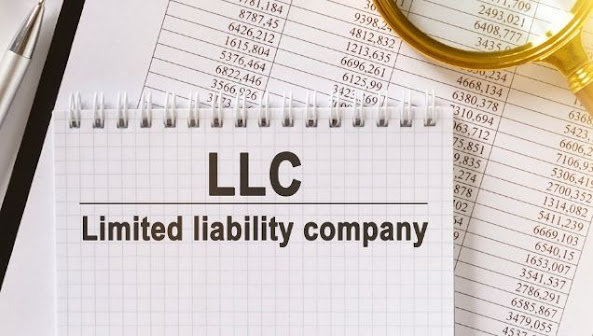"The Ultimate Guide to LLC Formation"
When it comes to starting a business, one of the most important decisions you'll make is choosing the right legal structure. One option to consider is forming a Limited Liability Company (LLC). An LLC provides liability protection for its owners and allows for flexible management, but it also has tax implications that you need to be aware of.
The tax implications of an LLC vary depending on how it is taxed. By default, an LLC is considered a pass-through entity, meaning that the profits and losses of the business flow through to the owners' personal tax returns. This means that the LLC itself does not pay taxes on its income. Instead, the owners report their share of the profits or losses on their individual tax returns and pay taxes accordingly.
However, an LLC can choose to be taxed as a corporation by filing Form 8832 with the IRS. This option may be more beneficial for larger LLCs with a lot of revenue, as they may be subject to lower tax rates as a corporation. Additionally, an LLC that elects to be taxed as a corporation may be eligible for certain deductions and credits that are not available to pass-through entities.
It's also important to note that some states impose additional taxes on LLCs, such as franchise taxes or annual fees. Be sure to research the tax requirements for LLCs in your state to avoid any surprises.
Another factor to consider is self-employment taxes. As a pass-through entity, the profits of the LLC are subject to self-employment taxes, which include Social Security and Medicare taxes. This means that LLC owners must pay these taxes on their share of the profits, which can be a significant expense.
Overall, LLC formation has several tax implications that should be considered before making a decision. While the pass-through structure may be beneficial for some small businesses, larger LLCs may want to consider electing to be taxed as a corporation to take advantage of lower tax rates and deductions. It's also important to research the tax requirements in your state and consider the potential impact of self-employment taxes.
Working with a tax professional or attorney who specializes in LLC formation can also be helpful in navigating the tax implications and ensuring that you're making the best decision for your business. With the right planning and preparation, you can minimize your tax liability and set your LLC up for success.




Comments
Post a Comment